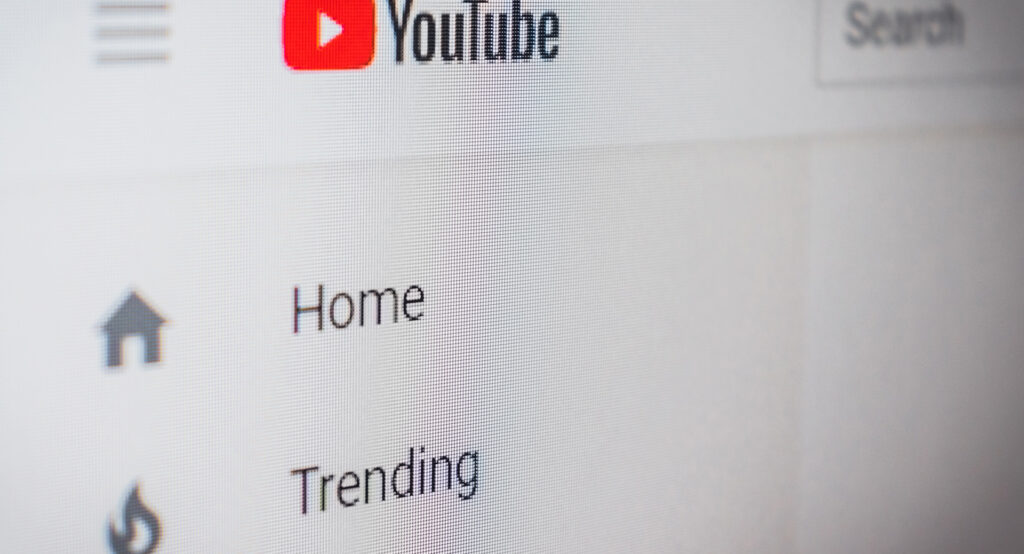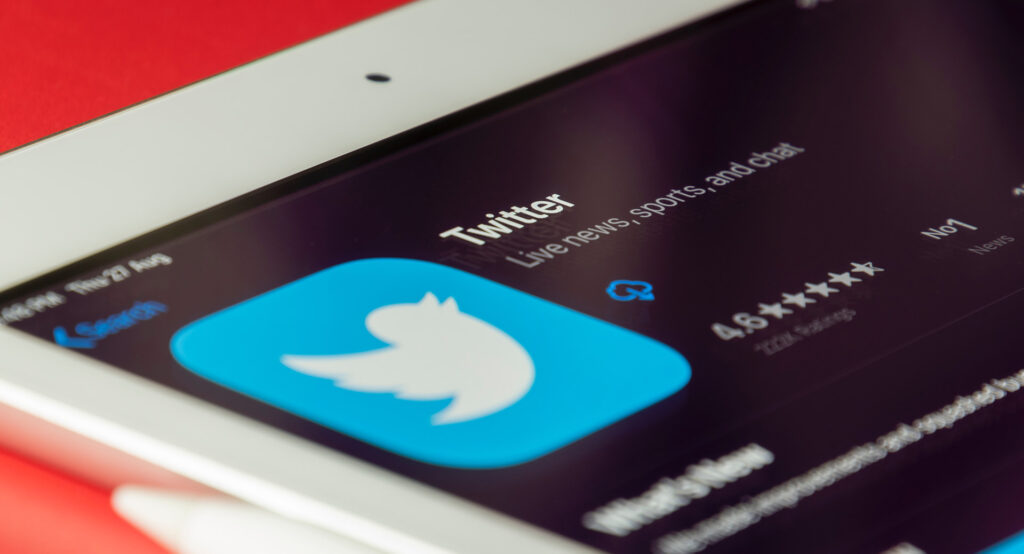The Internet Revolution: 15 Surprising Facts You Need to Knowchat
The Internet has revolutionized the way we live, work, and communicate, transforming virtually every aspect of modern society.
From its humble beginnings as a research project in the 1960s, the Internet has grown to become a global network of interconnected devices, powering everything from social media to e-commerce to remote work and learning.
In this blog post, we’ll take a closer look at the rise of the Internet and share 15 surprising facts that highlight the incredible impact this technology has had on our world.
Get ready to be amazed by the fascinating history and ongoing evolution of this game-changing technology!
The first message ever sent over the Internet was in 1969 and it was just two letters: “LO.”
1 when a team of researchers at the University of California, Los Angeles (UCLA), sent the letters “LO” to the Stanford Research Institute. The message was intended to be “LOGIN,” but the system crashed after the first two letters were transmitted. This historic event marked the birth of the Internet as we know it today.
The first website was published in 1991 by CERN.
2 It was created by Tim Berners-Lee, a British computer scientist who was working at CERN at the time, and it provided information about the World Wide Web project that he had invented. The website was hosted on a NeXT computer, which was the same type of computer used by Berners-Lee to develop the first Web browser, called Worldwide Web.
The first search engine, Archie, was created in 1991 by a group of students at McGill University in Montreal.
3 The name “Archie” stands for “Archive,” and the search engine was designed to help users find files stored on FTP servers, which were a popular way to share files over the Internet at the time.
The success of Archie led to the development of other search engines, such as Gopher and Veronica, which paved the way for modern search engines like Google.
Six Degrees was launched in 1997 and is widely considered to be the first social media platform.
4 It allowed users to create a profile and connect with friends and acquaintances, and also featured a messaging system and bulletin boards. While Six Degrees was ultimately not successful and shut down in 2001, it paved the way for other social media platforms that followed, such as Friendster, Myspace, and eventually Facebook.
The term “surfing the web” was coined by librarian Jean Armour Polly in 1992.
5 Polly used the term in a handout she created to help explain how to use the Internet, and it quickly caught on as a popular way to describe the experience of navigating from one website to another.
The metaphor of “surfing” the web became especially popular in the 1990s as the graphical user interface of the Web became more sophisticated and interactive.
The first webcam was indeed invented in 1991 by a group of students at Cambridge University, led by computer scientist Quentin Stafford-Fraser.
6 The webcam was created to help people keep track of whether a particular coffee pot in the university’s computer lab was full or empty, by allowing them to check its status remotely over the Internet. The invention of the webcam laid the foundation for a range of other video-enabled technologies, such as video conferencing, online streaming, and video sharing platforms like YouTube.
The first online purchase ever made was indeed a pepperoni pizza from Pizza Hut in 1994.
7 The transaction took place on Pizza Hut’s website, which had been launched earlier that year, and was facilitated by a company called CompuServe that provided the necessary encryption and payment processing technology.
The pizza cost $12.00 plus shipping and was delivered to the buyer’s home in California. The sale was a significant milestone in the history of e-commerce, paving the way for the online shopping revolution that would follow in the years to come.
The first blog ever created was called “Links.net” and was started by Justin Hall in 1994.
8 Hall began writing online about his personal life and interests while he was a student at Swarthmore College in Pennsylvania. He continued to update the blog over the years, chronicling his travels, experiences, and thoughts on a wide range of topics.
Hall is widely considered to be one of the pioneers of blogging, and his early work helped to establish the format and conventions of the blogosphere that are still in use today.
The use of the word “spam” to refer to unwanted or unsolicited email messages originated from a sketch by the British comedy troupe Monty Python.
9 In the sketch, a group of Vikings sing a song that includes the word “spam” repeatedly, drowning out all other conversation. This inspired early Internet users to use the term “spam” to describe the flood of unwanted messages that they were receiving in their email inboxes.
The term has since become widely used to refer to any kind of unsolicited or unwanted communication, not just email.
The first video ever uploaded to YouTube was called “Me at the zoo,” and it was uploaded on April 23, 2005, by one of the co-founders of YouTube, Jawed Karim.
10 The video features Karim standing in front of the elephant exhibit at the San Diego Zoo, talking about the size of the elephants’ trunks. The video is only 18 seconds long, but it has since become a historical artefact of the early days of YouTube.
The first tweet was sent by Twitter co-founder Jack Dorsey on March 21, 2006
11 It read “just setting up my twttr.” It was a simple message, but it marked the beginning of a revolutionary social media platform that would eventually become one of the most popular and influential communication tools in the world.
Google’s search engine processes over 7 billion searches per day.
12 This number has been steadily increasing over the years as more people around the world have gained access to the internet and rely on search engines like Google to find information, products, and services.
The number of internet users worldwide is estimated to be over 4.9 billion.
13 This represents more than 60% of the world’s population. The growth of internet usage has been significant in recent years, particularly in developing countries, as access to technology and connectivity continues to improve.
It’s worth noting that this number can change rapidly as more people gain access to the internet, and it’s expected to continue growing in the coming years.
Over 3.8 billion people use social media platforms globally.
14 Which is nearly half of the world’s population. Social media platforms such as Facebook, Instagram, and Twitter have become a popular way for people to connect with others, share information, and engage with content.
It is estimated that there are over 1.9 billion websites on the internet.
15 However, this number is constantly changing as new websites are created and existing websites are taken down.





My wife and i felt so more than happy when Louis could complete his investigations from your precious recommendations he made through your web site. It is now and again perplexing to simply find yourself making a gift of hints that people may have been trying to sell. We discover we have got you to be grateful to for this. Most of the explanations you have made, the simple site navigation, the relationships your site give support to instill – it is everything awesome, and it’s really aiding our son and our family do think the topic is cool, and that is extremely important. Thanks for the whole thing!
he blog was how do i say it… relevant, finally something that helped me. Thanks